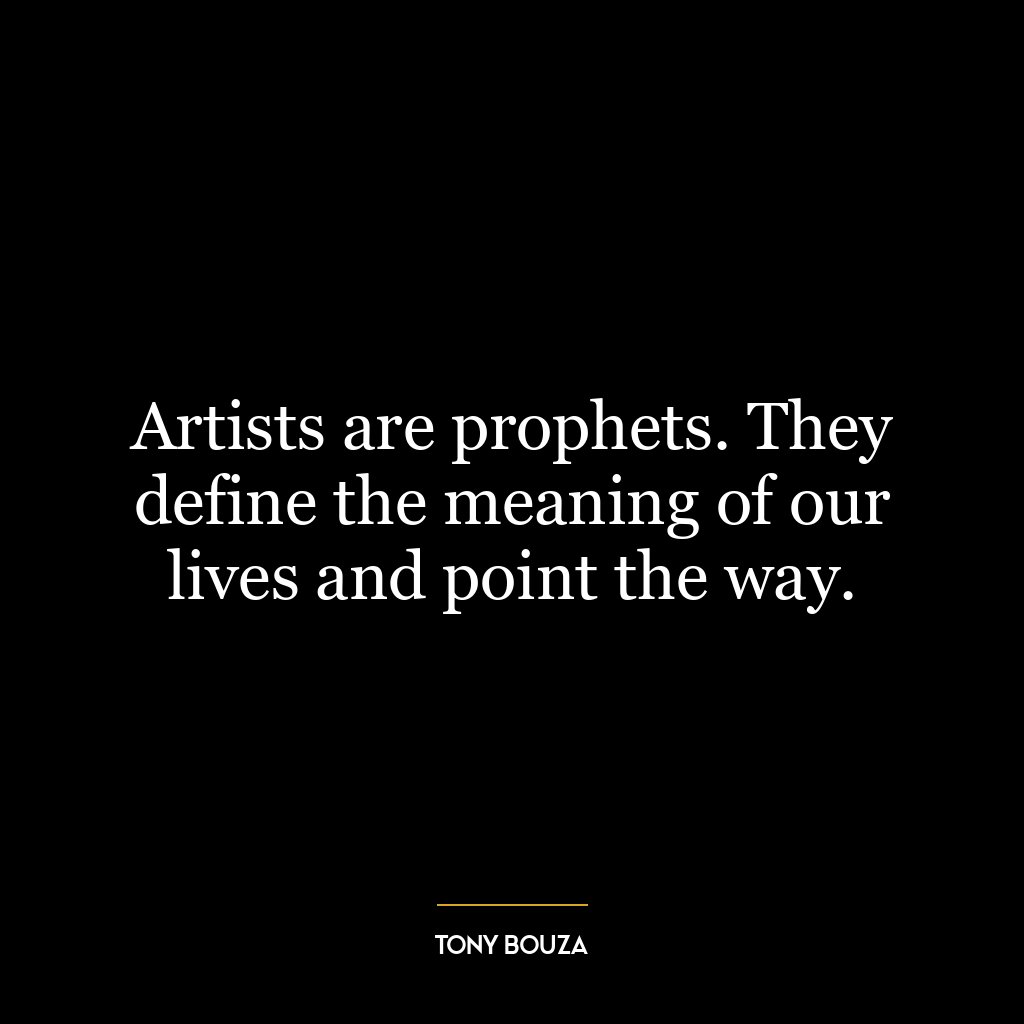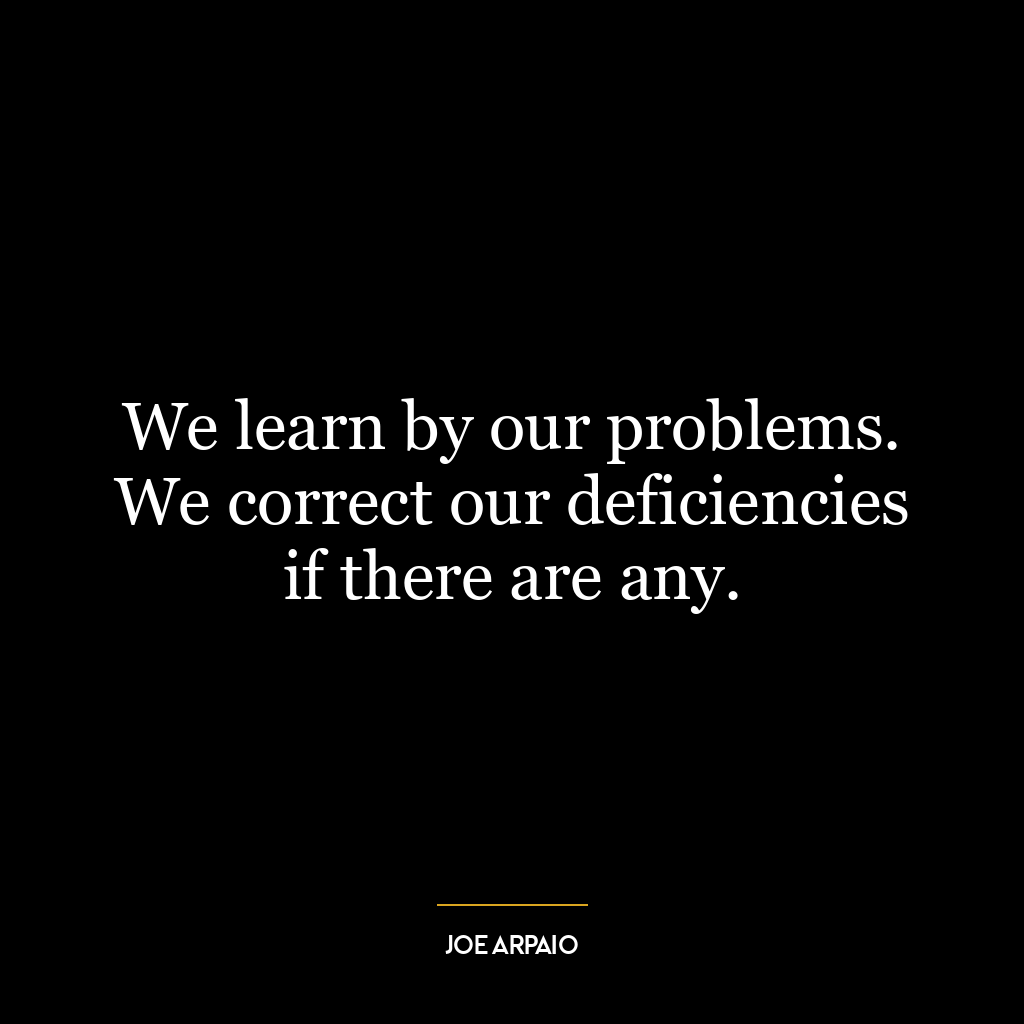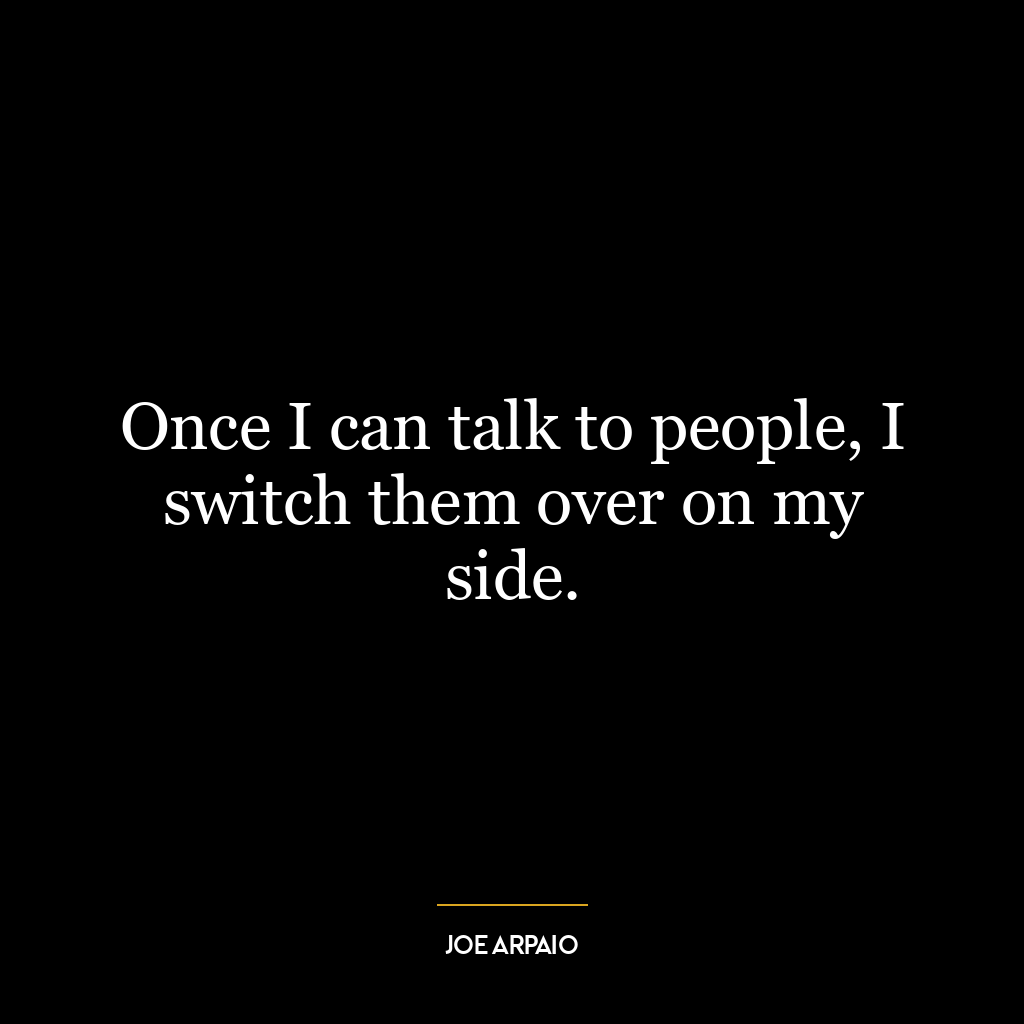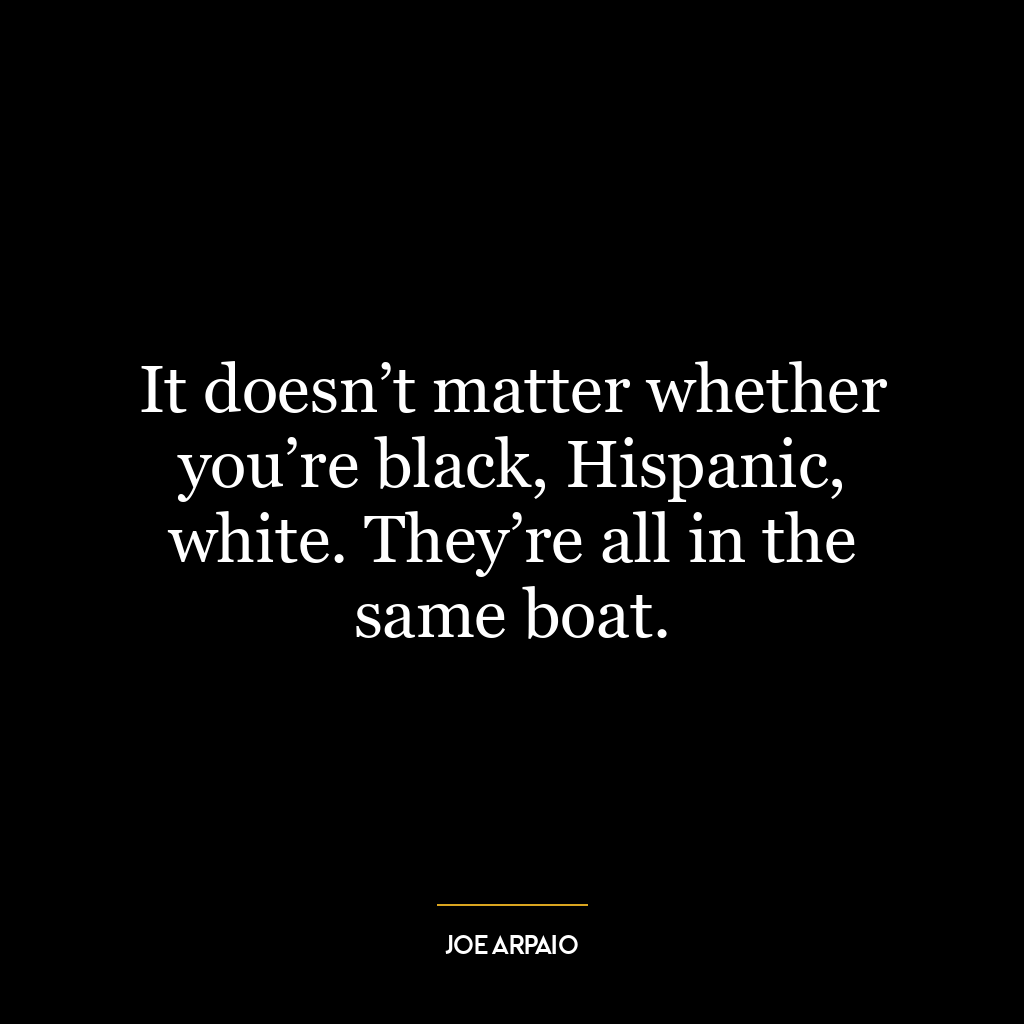Tony Bouza Quotes
- Law enforcement
- Spain
Tony Bouza is a retired American police officer, author, and criminal justice expert. He is best known for his controversial and groundbreaking work in law enforcement, including his role as the first Hispanic police chief of Minneapolis. Bouza has written several books on policing and criminal just…Read More
Tony Bouza is a retired American police officer, author, and criminal justice expert. He is best known for his controversial and groundbreaking work in law enforcement, including his role as the first Hispanic police chief of Minneapolis. Bouza has written several books on policing and criminal justice, including “The Police Mystique: An Insider’s Look at Cops, Crime, and the Criminal Justice System” and “Expert Witness: Breaking the Policemen’s Blue Code of Silence.” He is known for his outspoken and often controversial opinions on police reform and racial justice. Bouza’s work has been praised for its honesty and insight into the inner workings of law enforcement.Read Less
Tony Bouza is a retired American police officer, author, and criminal justice expert. He is best known for his controversial and groundbreaking work in law enforcement, including his role as the first Hispanic police chief of Minneapolis. Bouza has written several books on policing and criminal justice, including “The Police Mystique: An Insider’s Look at Cops, Crime, and the Criminal Justice System” and “Expert Witness: Breaking the Policemen’s Blue Code of Silence.” He is known for his outspoken and often controversial opinions on police reform and racial justice. Bouza’s work has been praised for its honesty and insight into the inner workings of law enforcement.
Tony Bouza Career Highlights
- Bouza began his career in law enforcement in 1960 as a patrolman with the New York City Police Department (NYPD). He quickly rose through the ranks and was promoted to the rank of captain in 1970.
- In 1975, Bouza was appointed as the Chief of Police for the Minneapolis Police Department, making him the first Hispanic police chief in a major U.S. city.
- During his tenure as Chief of Police, Bouza implemented several groundbreaking initiatives, including community policing and the use of technology in crime prevention.
- In 1988, Bouza was appointed as the Commissioner of the New York City Department of Corrections, where he successfully implemented reforms to improve the conditions of the city’s jails.
- Bouza has also served as a consultant and advisor to various law enforcement agencies, including the FBI, the U.S. Department of Justice, and the United Nations.
Key Contributions by Tony Bouza
- Bouza is widely recognized for his innovative and progressive approach to policing. He has been a vocal advocate for community policing, which involves building partnerships between law enforcement and the community to address crime and safety issues.
- He has also been a strong proponent of using technology in law enforcement, including the use of computerized crime mapping and predictive policing techniques.
- Bouza has been a vocal critic of the “war on drugs” and has advocated for a more compassionate and evidence-based approach to drug policy.
- He has also been a vocal advocate for police accountability and transparency, and has worked to improve relationships between law enforcement and minority communities.
What Sets Tony Bouza Apart
- Bouza’s career has been marked by his willingness to challenge traditional law enforcement practices and embrace new and innovative approaches to policing.
- He has been a strong advocate for social justice and has used his platform to speak out against systemic racism and discrimination in law enforcement.
- Bouza’s leadership style is characterized by his strong moral compass, integrity, and commitment to serving the community.
Takeaways
- Tony Bouza’s career highlights the importance of innovation and progressive thinking in law enforcement. His willingness to challenge traditional practices and embrace new ideas has led to significant improvements in policing.
- His emphasis on community partnerships and the use of technology in crime prevention can serve as a model for other law enforcement agencies.
- Bouza’s commitment to social justice and police accountability serves as a reminder of the importance of upholding ethical standards and building trust with the community.








